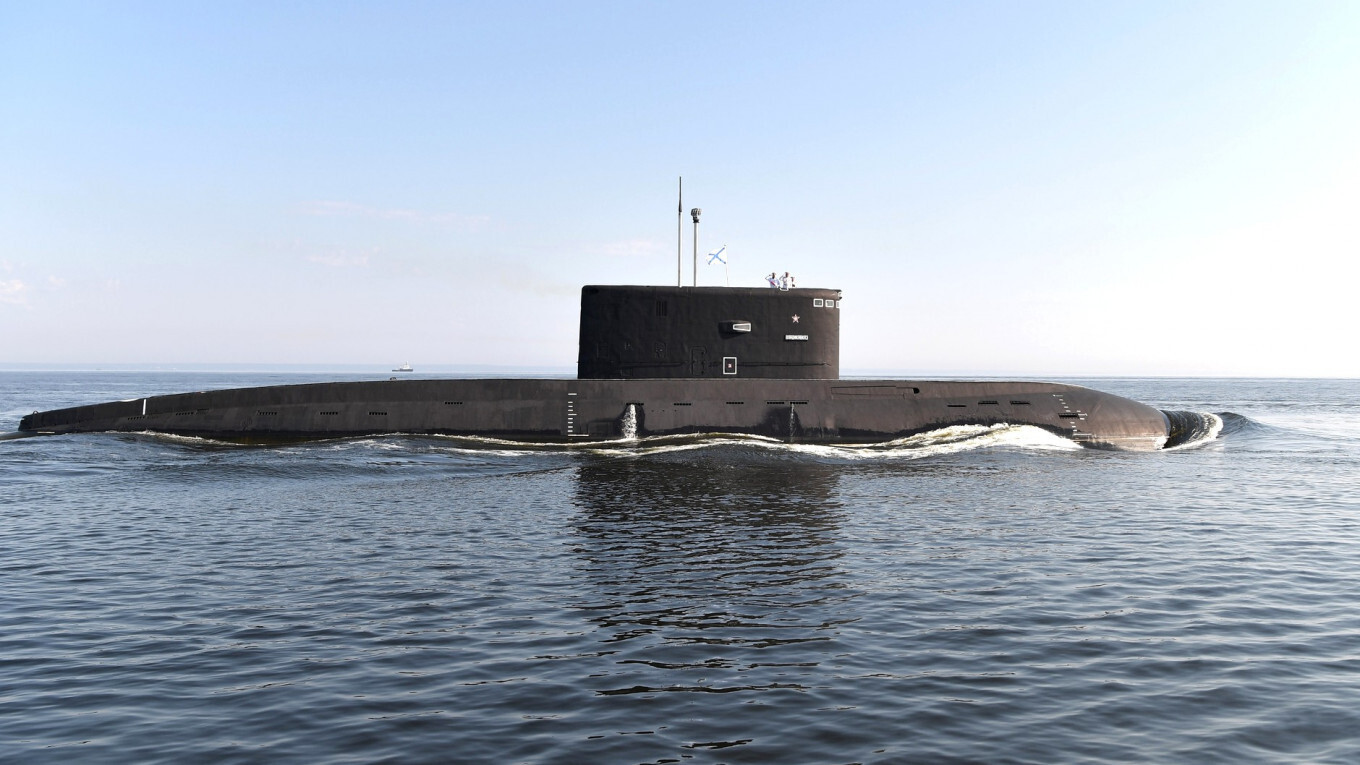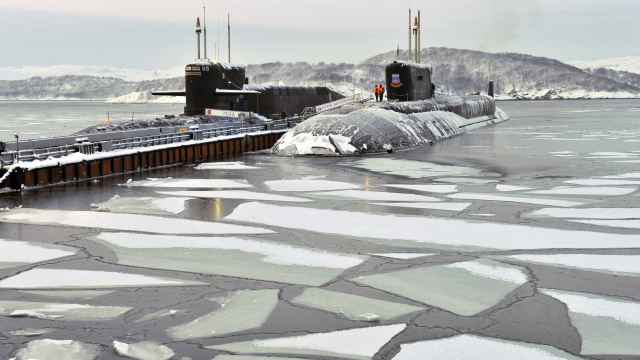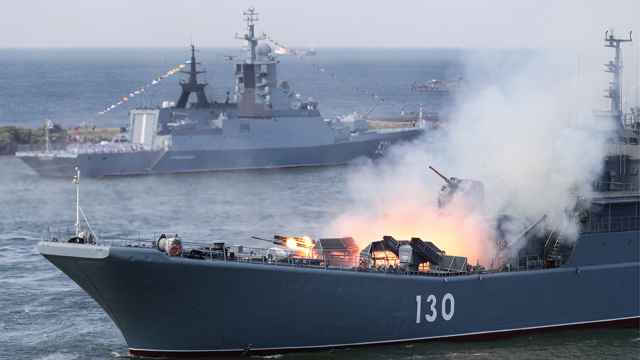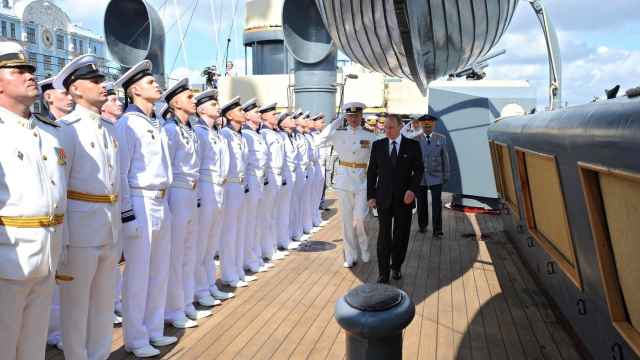On April 1, military officials confirmed to the pro-Kremlin Izvestia newspaper that the Russian Defense Ministry has definitively approved the deployment of Yasen-class submarines, five of which will serve in the Northern Fleet.
Today, only one Yasen vessel is in operation. The Severodvinsk is based in Zapadnaya Litsa on the Barents Sea coast, less than 100 kilometers from the border to Norway.
A second Yasen vessel, the Kazan, was originally to be handed over to the Navy in 2018, but its delivery has repeatedly been postponed and may not happen before 2021. According to a source in the Russian defense industry, the vessel is plagued with technical issues with the auxiliary systems onboard.
Like the Severodvinsk, the Kazan and subsequent vessels are likely to be based in Zapadnaya Litsa.
Another four submarines of the same model will serve in the country’s Pacific Fleet.
The Defense Ministry originally planned to build seven Yasen submarines, all of them to be delivered to the Navy by 2015. However, in early 2019 Deputy Defense Minister Alexei Krivoruchko announced that another two vessels would be built. Construction of these latter two is set to start in 2020.
While the “Severodvinsk” is a Project 885 Yasen-class ship, the later ships are of the more advanced Project 885M Yasen-M model.
When ready for patrol, the Yasen-M class submarines will carry the advanced sea versions of the Kalibr and Onyz cruise missiles, as well as the Tsirkon. In addition, they will be equipped to carry mines and torpedoes.
The Yasen and Yasen-M are the Russian Navy's first fourth-generation multi-purpose submarines. They are said to be both the most expensive and the most technically advanced in the Russian Navy.
A Message from The Moscow Times:
Dear readers,
We are facing unprecedented challenges. Russia's Prosecutor General's Office has designated The Moscow Times as an "undesirable" organization, criminalizing our work and putting our staff at risk of prosecution. This follows our earlier unjust labeling as a "foreign agent."
These actions are direct attempts to silence independent journalism in Russia. The authorities claim our work "discredits the decisions of the Russian leadership." We see things differently: we strive to provide accurate, unbiased reporting on Russia.
We, the journalists of The Moscow Times, refuse to be silenced. But to continue our work, we need your help.
Your support, no matter how small, makes a world of difference. If you can, please support us monthly starting from just $2. It's quick to set up, and every contribution makes a significant impact.
By supporting The Moscow Times, you're defending open, independent journalism in the face of repression. Thank you for standing with us.
Remind me later.






